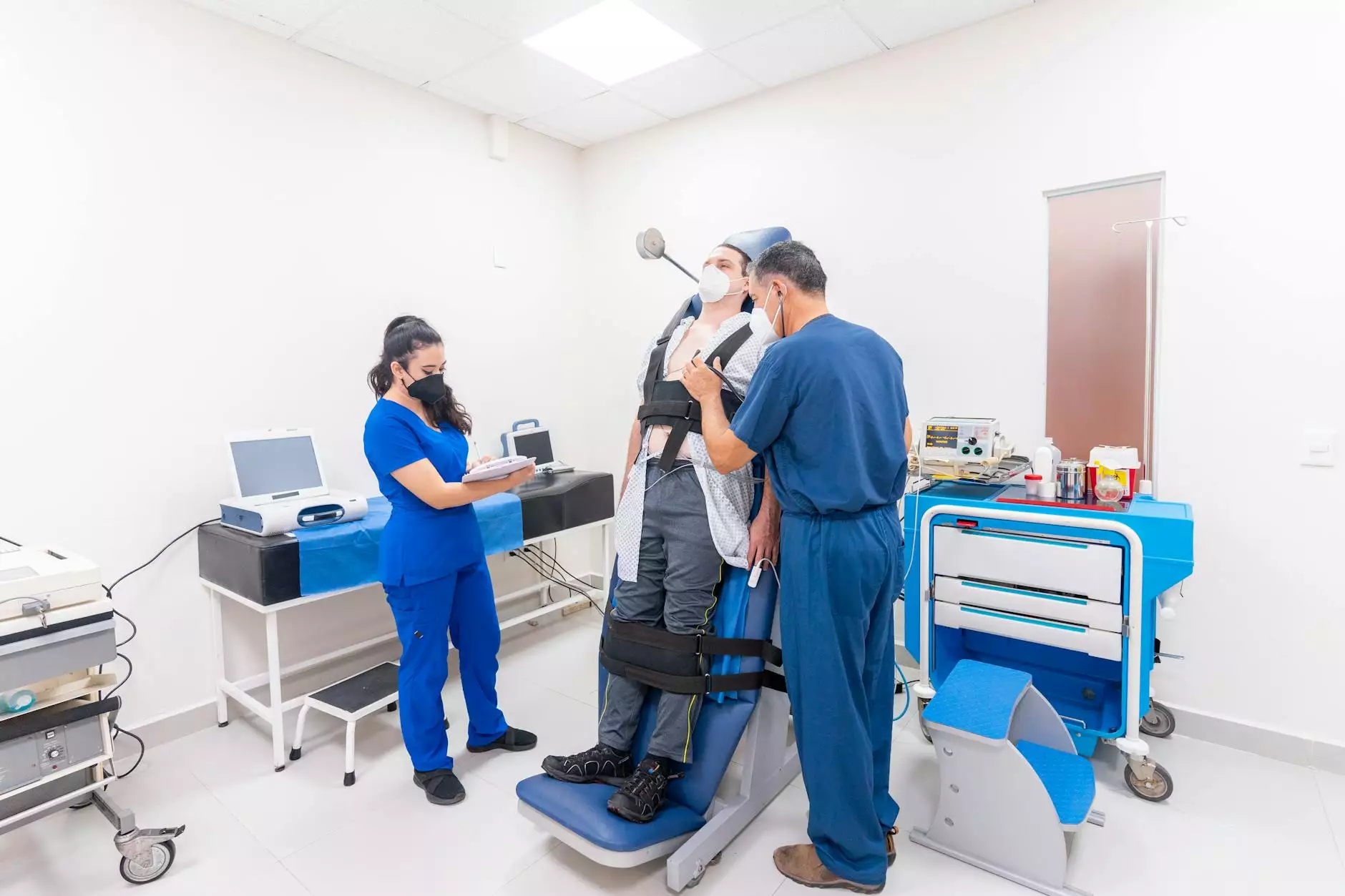Cardiology and COVID-19: What You Should Know

Introduction
Welcome to Bay Regional Medical Center's informative page on cardiology and COVID-19. In these challenging times, it's important to understand the relationship between heart health, COVID-19, and the precautions individuals with cardiovascular conditions should take.
The Impact of COVID-19 on the Heart
The COVID-19 pandemic has had a significant impact on the cardiovascular health of individuals across the globe. Studies have shown that the virus can affect the heart, particularly in those with pre-existing heart conditions.
When infected with COVID-19, the virus can cause inflammation of the heart muscle, a condition known as myocarditis. This can lead to symptoms such as chest pain, shortness of breath, and an irregular heartbeat. In severe cases, it may even result in heart failure.
Moreover, COVID-19 can increase the risk of blood clots, which can pose serious threats to individuals with existing cardiovascular conditions. These blood clots can obstruct the blood flow to the heart, leading to heart attacks or strokes.
Precautions for Individuals with Cardiovascular Conditions
If you have a pre-existing cardiovascular condition, it is crucial to take extra precautions during the COVID-19 pandemic to protect your heart and overall health. Here are some important measures to consider:
1. Follow Strict Hygiene Practices
Wash your hands regularly with soap and water for at least 20 seconds to minimize the risk of contracting the virus. Avoid touching your face and sanitize commonly touched surfaces frequently.
2. Practice Social Distancing
Maintain a safe distance of at least six feet from others, especially in crowded areas. Avoid close contact with individuals displaying symptoms of respiratory illness.
3. Wear Masks
Wearing masks in public settings can significantly reduce the transmission of the virus. Ensure you have a proper-fitting mask that covers your nose and mouth securely.
4. Stay Active
Maintain a regular exercise routine at home or in safe outdoor spaces while adhering to social distancing guidelines. Physical activity is essential for cardiovascular health and overall well-being.
5. Manage Stress
Find healthy ways to cope with stress, as elevated stress levels can negatively affect heart health. Engage in activities such as meditation, deep breathing exercises, or hobbies that bring you joy.
6. Maintain Medication Adherence
Continue taking your prescribed medications as directed by your healthcare provider. Ensure you have an ample supply of medications and contact your healthcare provider if you have any concerns or need a refill.
Consult Your Cardiologist
If you have specific concerns about your cardiovascular health during the COVID-19 pandemic, it is crucial to consult your cardiologist. Your cardiologist will provide personalized advice and guidance based on your medical history and current condition.
At Bay Regional Medical Center, our expert cardiology team is dedicated to providing exceptional care and support during these challenging times. We understand the unique needs of individuals with cardiovascular conditions and are here to assist you every step of the way.
Conclusion
In summary, understanding the impact of COVID-19 on the heart and taking necessary precautions is vital for individuals with existing cardiovascular conditions. By following strict hygiene practices, practicing social distancing, wearing masks, staying active, managing stress, and maintaining medication adherence, you can help protect your heart and minimize the risk of severe complications.
For personalized advice and expert care, consult our experienced cardiology team at Bay Regional Medical Center. Trust us to prioritize your heart health and overall well-being during these unprecedented times.




